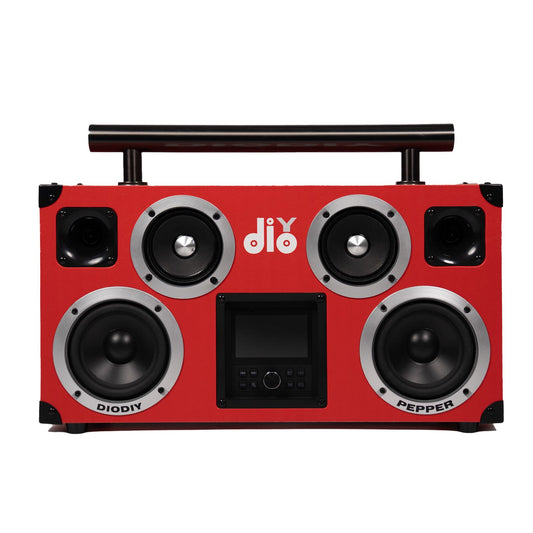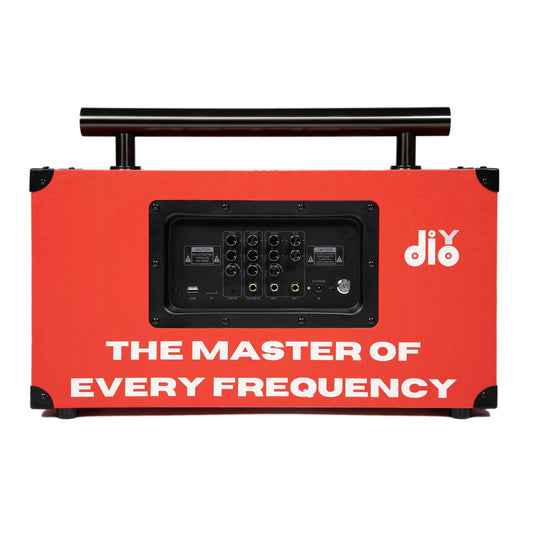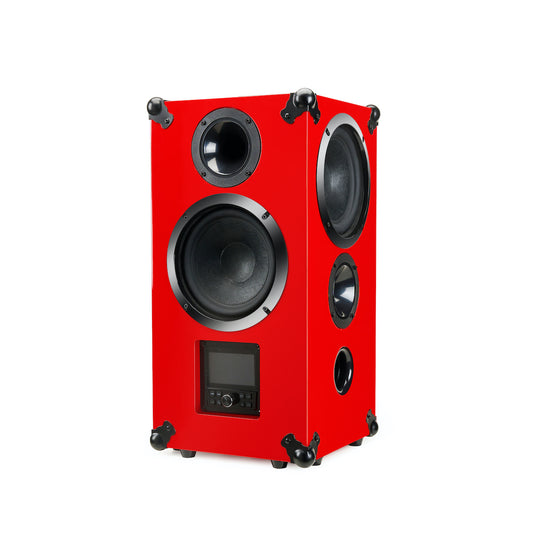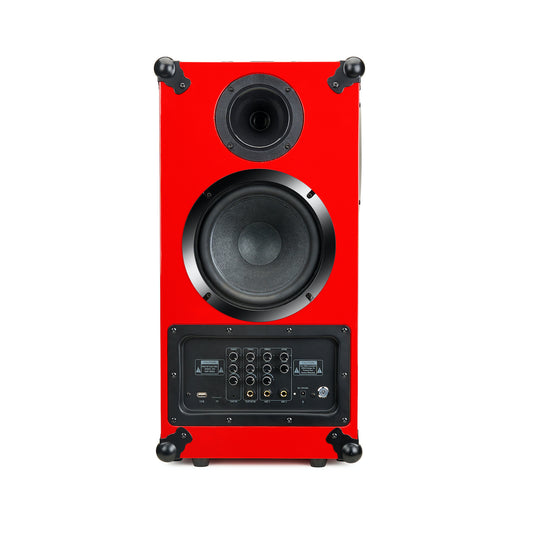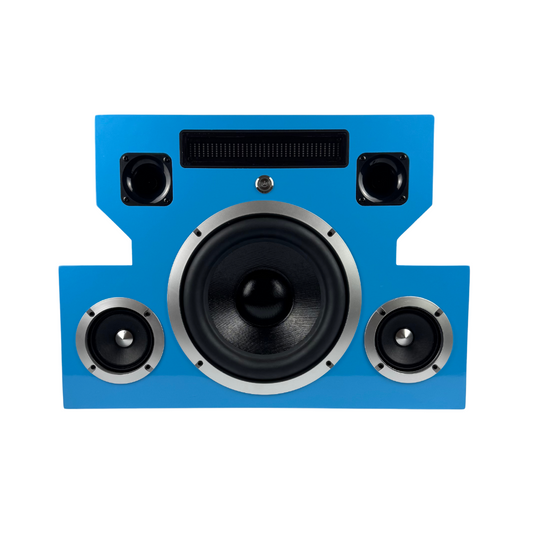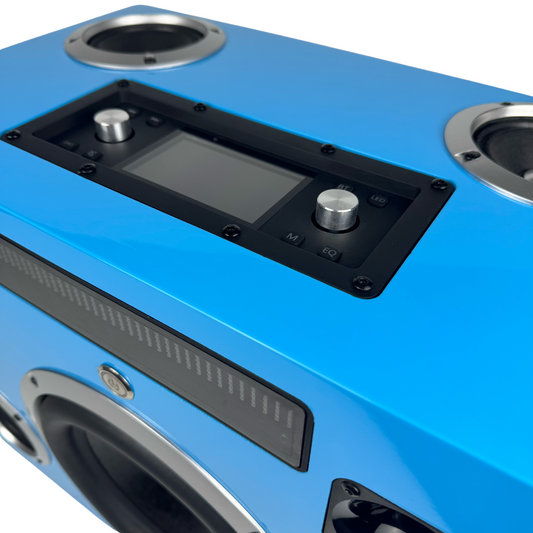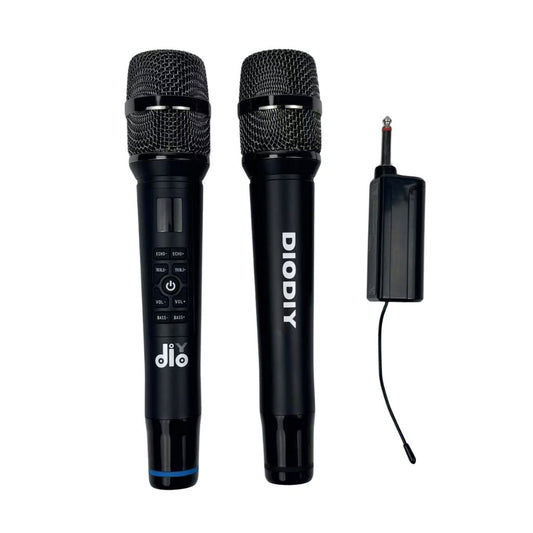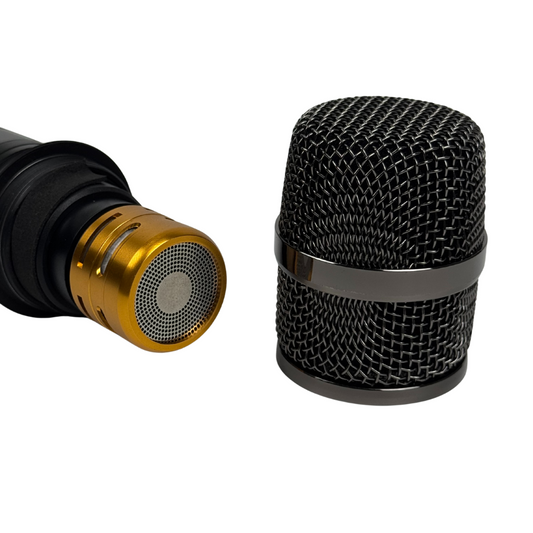
What is Signal-to-Noise Ratio (SNR) in Speakers?
Share
When exploring the technical specifications of speakers, you may encounter the term Signal-to-Noise Ratio (SNR). It’s a critical metric that influences the performance and clarity of a speaker, particularly when it comes to delivering high-quality sound. But what exactly is SNR, how is it measured, and why is it essential when choosing a speaker? Let’s break it down.
What is Signal-to-Noise Ratio (SNR)?
The Signal-to-Noise Ratio (SNR) measures the ratio between the desired audio signal (the sound you want to hear) and the background noise (unwanted noise) that accompanies it. SNR is expressed in decibels (dB) and provides a clear indication of a speaker’s ability to deliver clean and clear sound.
- A higher SNR value indicates that the audio signal is significantly stronger than the background noise, resulting in clearer and more detailed sound.
- Conversely, a lower SNR means the noise is closer in level to the audio signal, which can cause distortion or interference.
For instance, an SNR of 90 dB means the audio signal is 90 dB louder than the background noise, ensuring a clean and high-quality listening experience.
How is SNR Measured?
SNR is measured by comparing the power level of the audio signal to the power level of the noise. The process involves:
- Generating a Reference Signal: A specific audio signal is played through the speaker under controlled conditions.
- Measuring the Output: The strength of the audio signal is measured at the output, along with the accompanying noise levels.
- Calculating the Ratio: The difference between the audio signal and noise levels is expressed in decibels (dB) to indicate the SNR.
The measurement is typically performed in a quiet environment to ensure that external noise doesn’t interfere with the results. Professional-grade equipment is used to capture precise data.

Why is SNR Important When Choosing Speakers?
For anyone looking to purchase a high-quality speaker or the best wireless speaker, understanding the importance of SNR is crucial. Here’s why:
1. Clarity and Detail
A higher SNR ensures that the audio signal is much louder than any background noise, resulting in crystal-clear sound. This is particularly important for enjoying music, movies, or podcasts where subtle details make a difference.
2. Minimized Distortion
Speakers with a low SNR may produce noticeable noise or hiss during playback, especially at lower volumes. A higher SNR minimizes this issue, providing a more immersive listening experience.
3. Professional and Personal Use
For professionals such as DJs, audio engineers, or event organizers, a high SNR is essential for maintaining sound integrity. For casual listeners, it ensures a premium audio experience at home or on the go.
4. A Measure of Quality
SNR is often an indicator of a speaker’s overall quality. Speaker manufacturers who prioritize high SNR levels demonstrate their commitment to delivering superior products.
Conclusion
The Signal-to-Noise Ratio (SNR) is a key factor in determining the performance of a speaker. By measuring the balance between audio signal and background noise, SNR helps you identify speakers that deliver high-quality sound without interference. Whether you’re a professional or a casual listener, prioritizing SNR when choosing a speaker ensures a more enjoyable and immersive audio experience.
If you’re looking for a speaker that excels in SNR and overall performance, explore DioDIY’s range of products. As a leading speaker manufacturer, we are committed to providing the best in audio technology.

